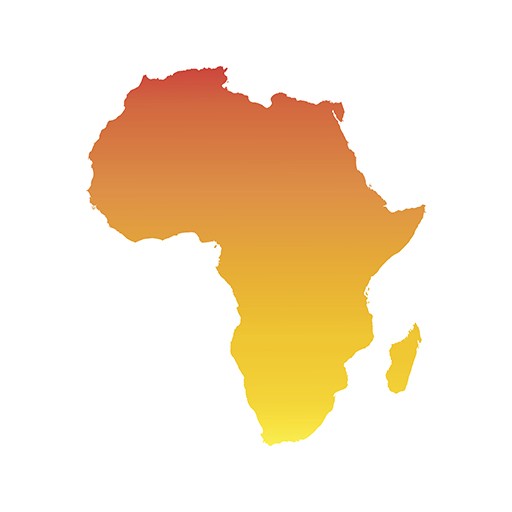4 World Cup power dimensions: African resistance
While there are several examples of activism and protest in relation to World Cup events, the next sections will focus first on the African nations’ boycott of the 1966 men’s World Cup and secondly, the public protests at the 2014 men’s World Cup in Brazil.
Although the 1966 men’s World Cup is best remembered, particularly by English fans, for Bobby Moore lifting the Jules Rimet trophy, it was equally important as the only World Cup in history to be boycotted by an entire continent – Africa. This stemmed from Africa’s protest at the number of spots FIFA awarded the continent in World Cup tournaments and highlights a power struggle by a group of nations who had historically been forgotten by the governing body.
Activity 5 African protest and resistance
Listen to three clips from the BBC documentary Missing the World Cup and respond to the subsequent questions.
Transcript: Audio 2 Missing the World Cup 1
Transcript: Audio 3 Missing the World Cup 2
Transcript: Audio 4 Missing the World Cup 3
- Why were the African nations so disappointed in FIFA’s allocation of World Cup spots and what did they want?
- How does the Ghanian player Kofi Pare’s view highlight political aspects of power?
- What main political issues, outside of football, impacted the boycott?
Discussion
- FIFA’s allocation of World Cup spots disproportionally disadvantaged African nations with just one nation from all of Africa, Asia and Oceania able to compete at the tournament. They believed that Africa should have at least one finalist at the 1966 men’s World Cup
- Kofi Pare indicated that African players would have liked to have competed at the 1966 World Cup. This highlights the political power that the governing bodies held in Africa over their players. Of course, this isn’t a concept restricted to Africa, but it shows that players and authorities don’t always agree on the best course of action. In this instance, the African players of Ghana, whom many considered were best placed to qualify for the World Cup, were the unwitting innocent party of the political conflict between African football authorities and FIFA.
- The African nations were frustrated by their lack of representation and voice. Pride played a role here – with decolonisation and their subsequent independence the nations felt they should have been perceived better and with more respect by the rest of the world.
The boycott itself proved to be the turning point for better recognition of the continent’s national teams. By 1982, the men’s competition had been extended to 24 teams and increased again in 1998 to 32 nations, giving greater recognition to African and Asian nations. These decisions were partly motivated by a desire to better accommodate previously disenfranchised constituencies at the World Cup (Darby, 2019). By 2022, Africa were guaranteed five spots in the men’s World Cup in Qatar (the second most represented continent, behind Europe).

